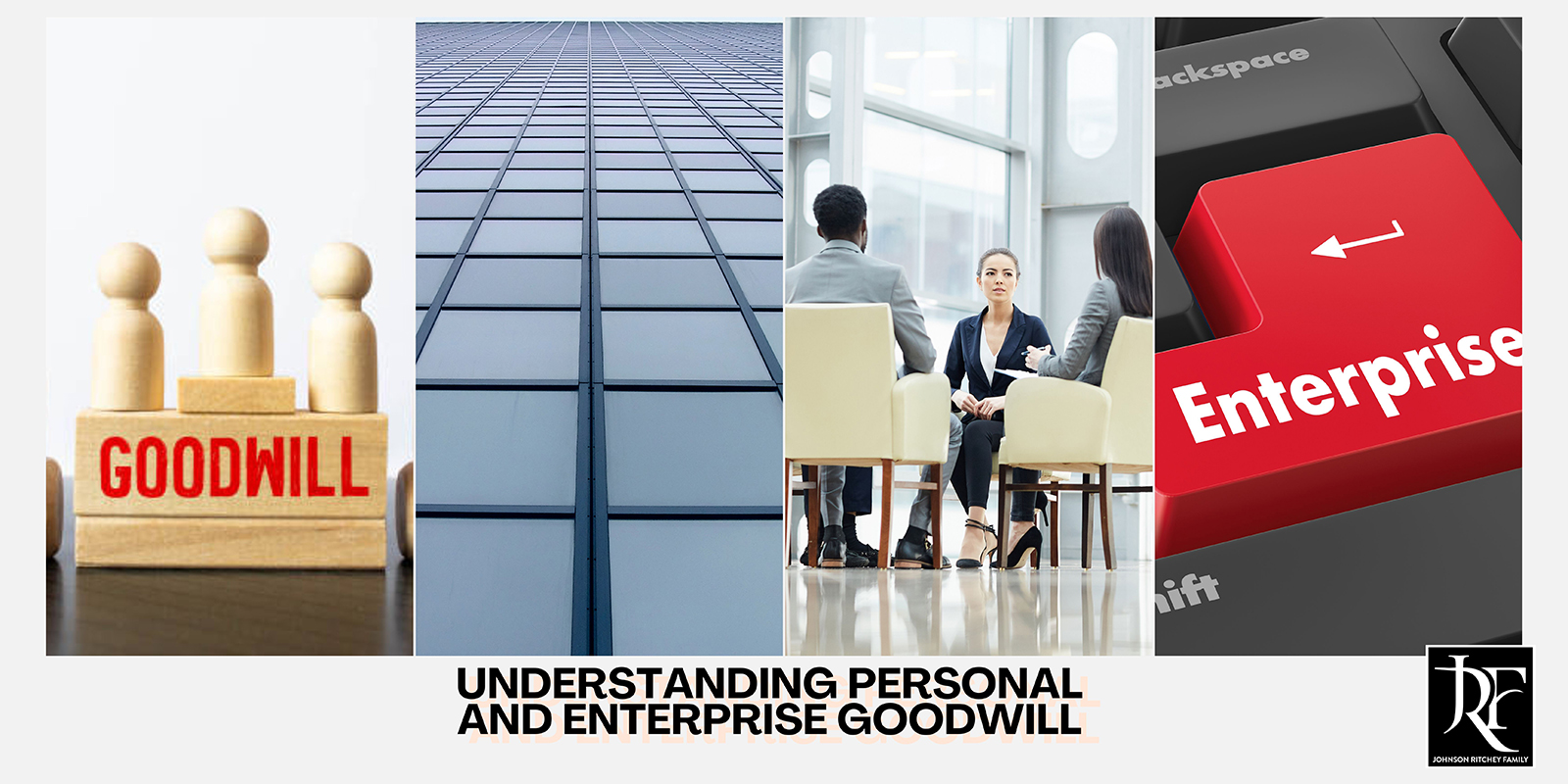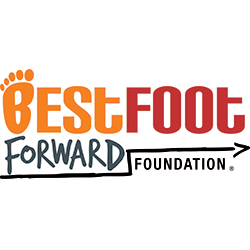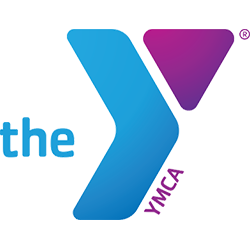Understanding Personal and Enterprise Goodwill in Divorce Proceedings

What happens to a business owned by one or both spouses during a divorce in Florida? The answer often depends on many factors such as: when was the business formed (before or during the marriage), is there any agreement that controls the disposition of the business in the event of a dissolution of marriage, and what is the value of the business that is subject to equitable distribution. To properly value a business for equitable distribution purposes, it is important to understand the valuation of the company’s goodwill, an intangible but often highly valuable asset.
What Is Goodwill?
Goodwill is the value of a business excluding its tangible assets and liabilities, i.e. cash, buildings, machinery, vehicles, etc. Goodwill includes intangible items such as a company’s reputation, brand loyalty, customer relationships, and the earning power that exceeds the value of the company’s physical components.
However, not all goodwill is created equal for purposes of equitable distribution. Florida law distinguishes between personal goodwill, which is not a marital asset subject to distribution, and enterprise goodwill, which can be a marital asset subject to equitable distribution.
Personal goodwill is tied to the individual party’s reputation, skills, and relationships as the business owner. For example, if a physician’s private practice is thriving because patients specifically seek out that doctor due to their expertise and bedside manner, the value generated from that reputation is considered personal goodwill. If the doctor was to leave the practice and the client’s would follow him to a different practice, that demonstrates the personal goodwill of the individual doctor.
Florida courts have consistently ruled that personal goodwill is not a marital asset and is therefore not subject to equitable distribution. It’s considered non-transferable and extinguishes when the individual leaves the business. It is looked at as that individual party’s future earning capacity instead of an asset subject to being divided between the parties.
In contrast, enterprise goodwill is associated with the business itself rather than any particular individual. It arises from factors such as the company’s location, brand identity, trained staff, systems, or customer base that will continue to generate income regardless of who owns or manages the business.
Florida courts generally view enterprise goodwill as a marital asset, subject to division if acquired during the marriage. This makes accurate business valuation and expert testimony critical in determining how much of a business’s value is attributable to the enterprise versus the individual party.
Given the complexity of valuing and distinguishing the different types of goodwill, courts often rely on forensic accountants or valuation experts to assess and allocate goodwill properly.
Practical Considerations for Clients and Attorneys
- Start early – If a business is involved in your divorce, engage a qualified valuation expert early in the process.
- Review contracts and agreements – Non-compete clauses, buy-sell agreements, and client retention data may provide evidence of personal or enterprise goodwill.
- Plan for negotiations – Understanding the composition of goodwill can be a valuable tool in settlement discussions.
In a dissolution of marriage, whether you’re protecting your business or ensuring a fair division of assets, understanding the difference between personal and enterprise goodwill is essential.
At Johnson Ritchey Family Law, we work closely with valuation experts and financial professionals to help our clients navigate complex business valuation issues with clarity and confidence. Call us today to schedule your consultation.













